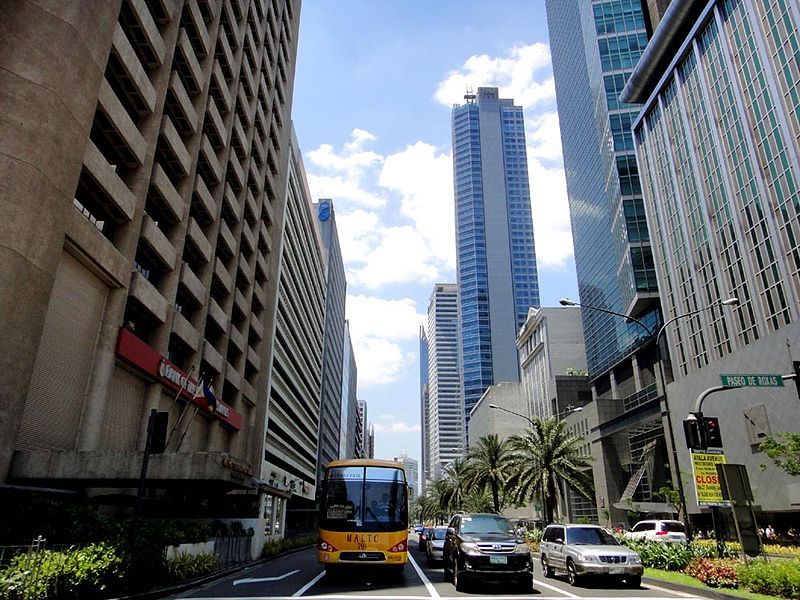Foreign investment in the Philippines is down, and it is down by a lot.
The Bangko Sentral ng Pilipinas (Philippine Central Bank) noted last week that foreign investment in the country had dropped by a whopping 90.3 percent. From US$1.45 billion during this same period in 2016, the foreign equity placements stood at just US$141 million — yes, with an “m” — for the first half of 2017.
At a recent Senate hearing on the proposed budget of the National Economic Development Authority (NEDA), Drilon raised the matter and asked officials to explain the slump.
“We note from the reports that there is a deceleration in new investment. This is very alarming. Why such a huge drop? Is this an indication of anything?” Drilon asked.
He told NEDA officials that the sharp decline in new foreign investments is “reflective of confidence of foreign business in our country.”
“If we are to attract new foreign investment, then it is about time that we take a serious look at how things are going on in our country, because new investment would not come in unless we are able to raise the investors’ confidence level on our country,” Drilon said.
Drilon, a member of the opposition party, cited the current political climate as a possible “stumbling block” in attracting foreign investments.
According to an Inquirer.net report today, Finance Secretary Carlos Dominguez and a team of economic advisers are scheduled to arrive in New York on Thursday to attract US businessmen to the Philippines in light of the drop in foreign investments .
While Duterte had previously announced an “economic and military” separation from the United States last year, saying he would focus on strengthening ties with China and Russia, he has since backtracked on those statements.
Almost certainly among the “stumbling blocks” to investment is widespread international criticism over the administration’s war on drugs, which has resulted in countless shootings of alleged dealers and addicts.
While the Commission on Human Rights says more than 13,000 have been killed in the administration’s War on Drugs, the Philippine National Police (PNP) only acknowledges 6,225 of them, although they have refused to acknowledge any of them as extrajudicial killings.
In January, the European Union said it was reviewing the Philippines’ qualifications for trade incentives anchored on compliance with international pacts, including those concerning human rights.
At Friday’s hearings, NEDA officials explained that the drop was due to certain “restrictions,” without specifying what those restrictions were.
But Senate Finance Committee Chair Loren Legarda did not agree.
“I am told that it is because of certain restrictions. I do not agree with that answer, because these restrictions were already there when there was an increase,” he said.
“I am candid because I am very concerned. I cannot sugarcoat something because the figure would not lie. I cannot create answers if I am not supplied the justification for the decline in the foreign direct investmen.”
Drilon also expressed concern over the continuing decline of the peso, citing how other regional currencies have increased in value against the US dollar.
He said the peso has depreciated by 6.5 percent from January to August, with analysts predicting it to further weaken to PHP52.50 to the dollar by the end of the year and possibly down to PHP53.54 by 2018.
“These are facts that are developing that we do hope can be addressed by the economic planners in the best way we can in order not to harm our economy,” Drilon said.
with reports from ABS-CBN News





Reader Interactions